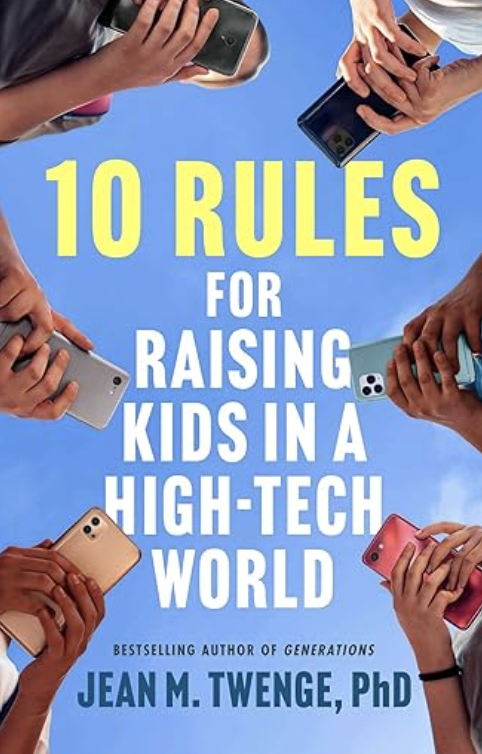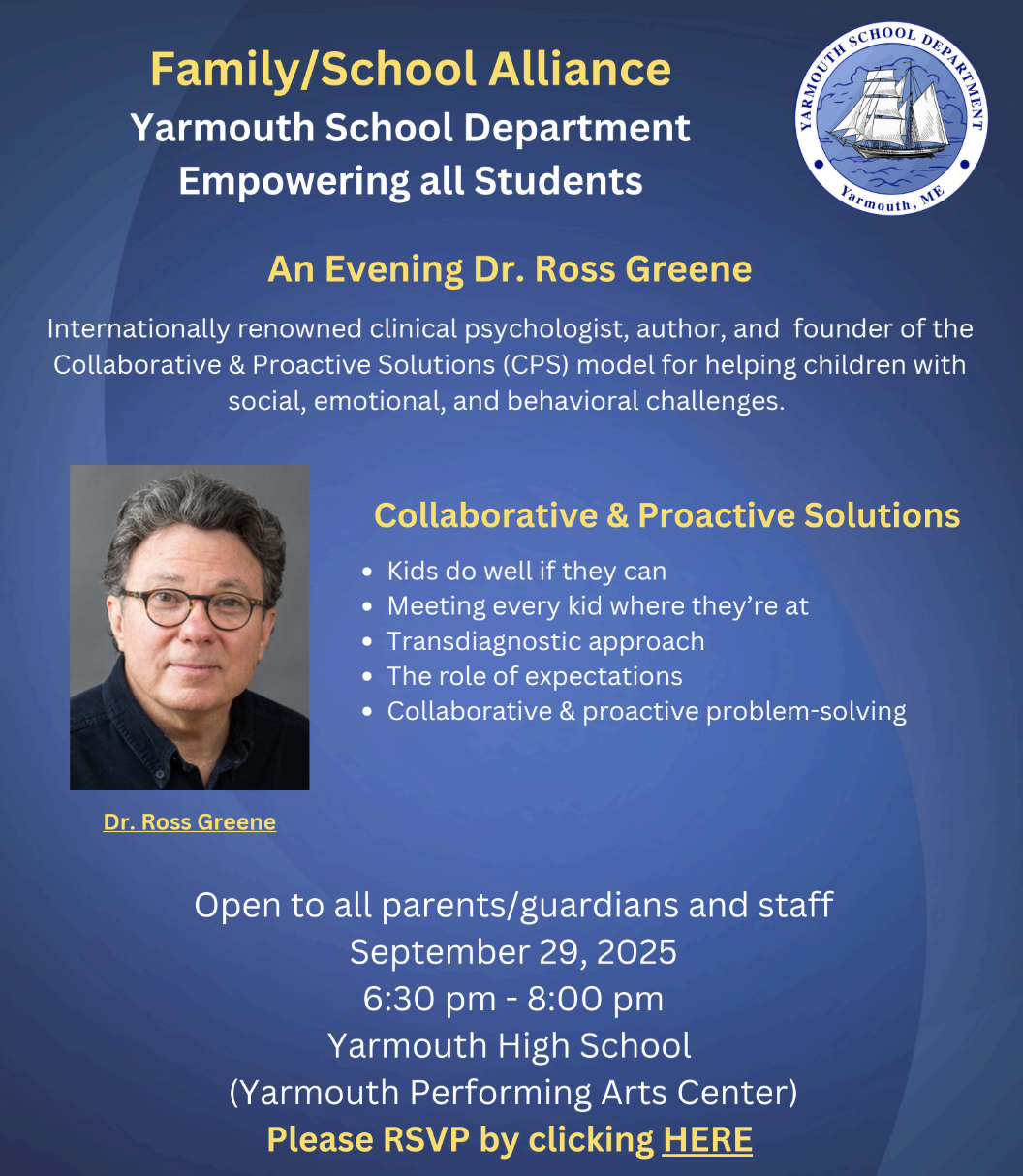Ideas for Parents Dealing with Teens’ Cellphones and Social Media
In the New York Times article, “An Unwavering Warning About Teenagers and Screen Time," Catherine Pearson interviews Jean Twenge (pronounced TWAIN-gee), a psychology professor at San Diego State University, an expert on the link between heavy social media use among adolescents (averaging 4.5 hours a day) and anxiety, loneliness, and depression. Twenge is also raising three adolescent girls and practicing what she preaches, notwithstanding their fervent pleas.
“Having concrete rules that are reasonably strict is usually the way to go,” says Twenge. “When stuff has gone wrong, it’s often because I’m like, OK, just this one time. And then it blows up in my face… I don’t have perfect children; I’m not perfect either.” Among the compromises so far: one is allowed to use Discord on her laptop to chat with friends, another, who is “a total Swiftie,” can use Spotify on her phone. Twenge says her daughters have not suffered socially. Her oldest, now in college, says that when a friend asks her to text, she says, “No. Call me. I want to hear your voice.”
When it comes to Twenge’s recommendations to other parents, she is fighting an uphill battle. The average age of getting a smartphone is 11, nearly 40 percent of 10-12-year olds use social media, and half of teens, according to one study, “almost constantly.” Here are some of the guidelines in Twenge’s new book:
- You’re in charge; parents set the rules versus negotiating or following peer norms.
- Start kids with "non-smart phones" with calling, texting, and music but limited apps.
- No social media until age 16 (or older)
- Give the first smartphone with the driver’s license.
- Use robust parental controls.
- Create no-phone zones – for example, the dinner table and family vacations.
- Give kids real-world freedom, encouraging independence and face-to-face socializing.
- No electronic devices in the bedroom overnight.
On the last item, Twenge says, “The biggest link to happiness, and the biggest link to depression, is sleep – always.”
To those who argue for flexibility around when kids get their first smartphone, Twenge says, “We don’t say, Oh, some 12-year-olds are ready to drive and some 20-year-olds aren’t, so it’s just up to the individual or it’s up to the parent… With so many other things in society, we choose an age and we stick with it.”





